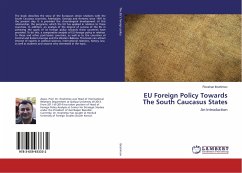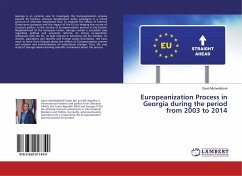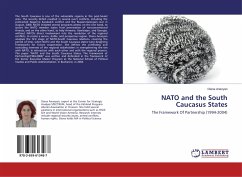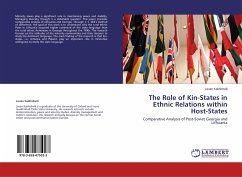After the demise of the Soviet Union and with it the Communist Empire, the United States faced new challenges in the world politics. The US met the post-Soviet era with some bewilderment, despite apparent signs of the Soviet dire state. But infuriated Russia did not wait too long to come back to the scene. After the collapse of the USSR, Georgia has become geopolitically a key state in the Southern Tier region, which connected the landlocked, but rich with mineral resources region, with the West by gas and oil pipelines. Georgia has become one of the places, where the interests of powerful states collide. The aim of my work is to show why Georgia has turned into a bridgehead in the Caucasus and Central Asia for the United States to thwart Russian desire or of any other regional powers to dominate the wider Middle East.








